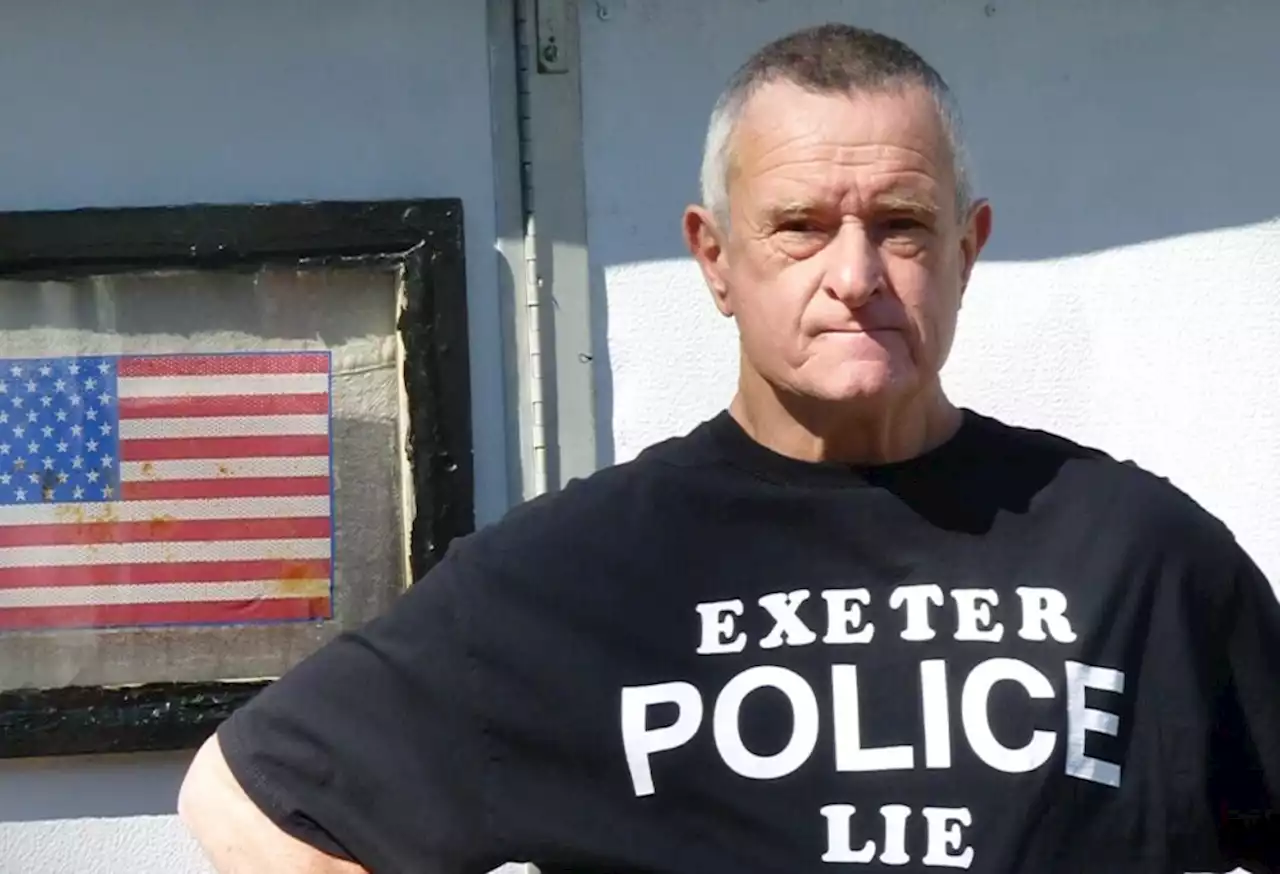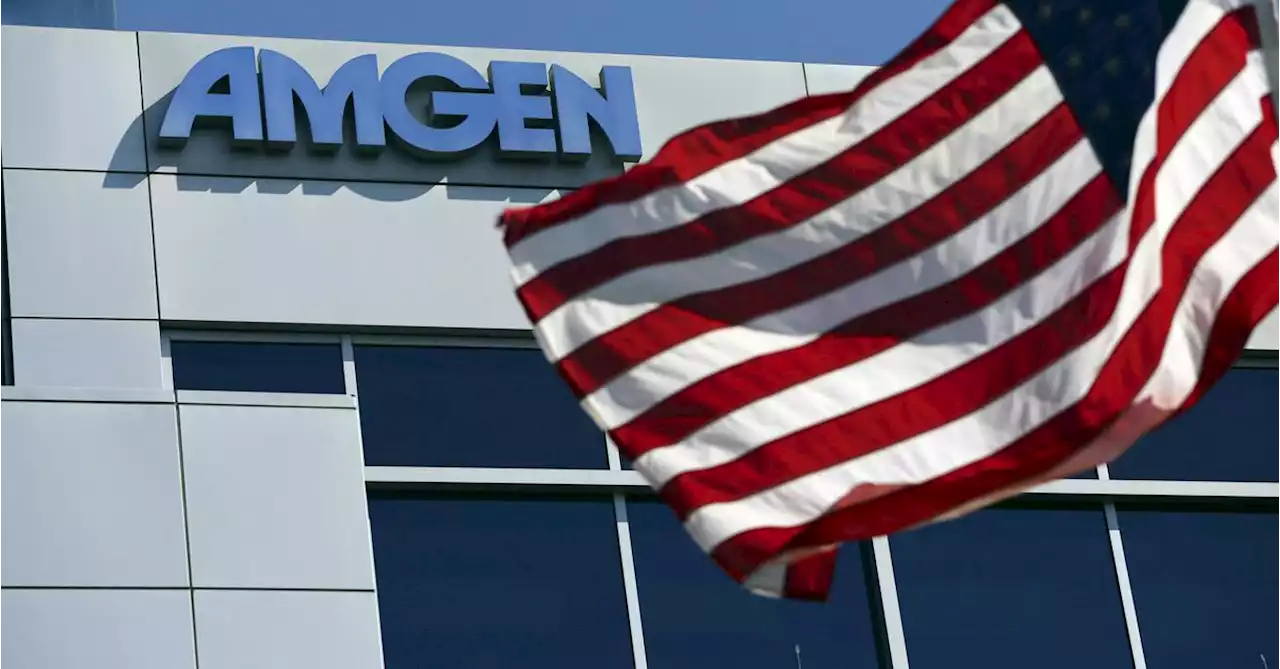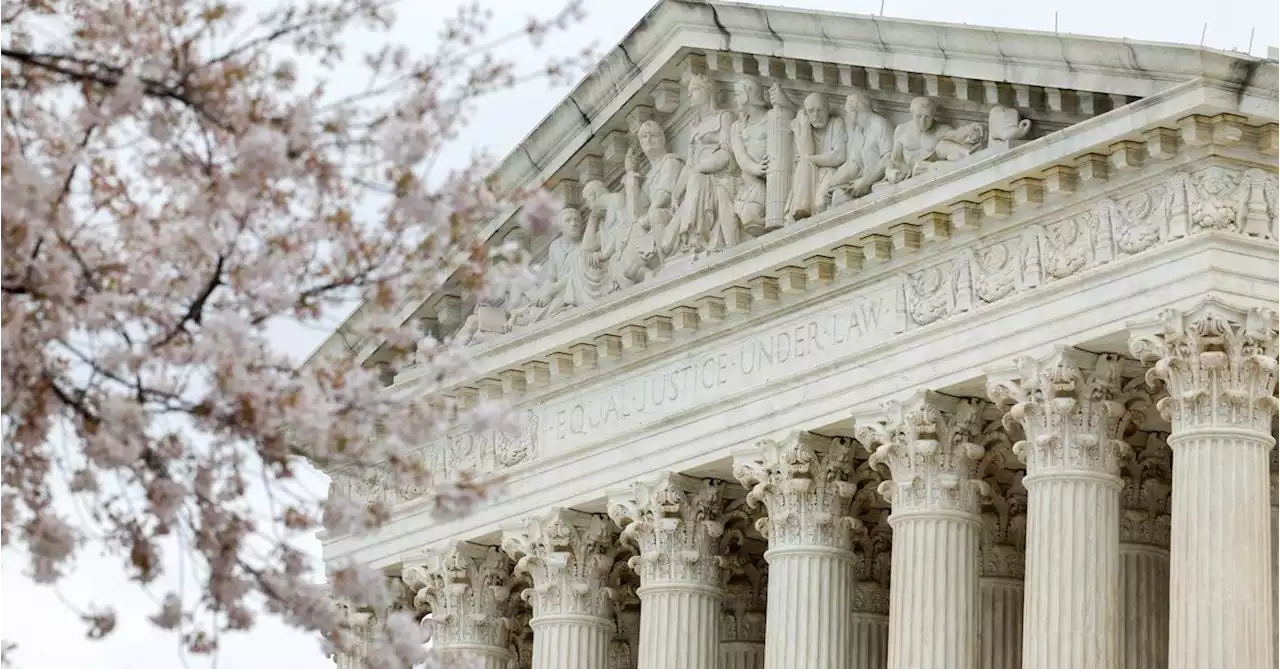US Supreme Court justices and federal judges will be required to provide greater public disclosure of any free trips, meals or gifts they receive under new regulations adopted at the urging of lawmakers and judicial transparency advocates
made public on Tuesday by Democratic U.S. Senator Sheldon Whitehouse, who has argued for broader ethics reforms at the Supreme Court.
"These new rules will make it much harder for justices to travel, dine, hunt or vacation for free at the private resort of a wealthy corporate executive – especially one with business before their court – and avoid disclosing that information to the public," Whitehouse said in a statement. Whitehouse, a member of the Senate Judiciary Committee, said the judiciary's disclosure rules had long been more relaxed than other branches of government, particularly when it came to defining what constituted "personal hospitality" that judges did not have to disclose.
South Africa Latest News, South Africa Headlines
Similar News:You can also read news stories similar to this one that we have collected from other news sources.
 Supreme Court justices under new ethics disclosures on trips, other giftsSupreme Court justices and all federal judges must provide a fuller public accounting of free trips, meals and other gifts they accept from corporations or organizations, according to revised regulations quietly adopted this month.
Supreme Court justices under new ethics disclosures on trips, other giftsSupreme Court justices and all federal judges must provide a fuller public accounting of free trips, meals and other gifts they accept from corporations or organizations, according to revised regulations quietly adopted this month.
Read more »
 Supreme Court chews on Jack Daniel’s dog toy disputeThe question for the court has to do with whether the toy makers infringed on Jack Daniel’s trademarks.
Supreme Court chews on Jack Daniel’s dog toy disputeThe question for the court has to do with whether the toy makers infringed on Jack Daniel’s trademarks.
Read more »
 US Supreme Court examines law against encouraging illegal immigrationThe U.S. Supreme Court on Monday will consider whether a federal law that made it a crime for a person to encourage illegal immigration violates constitutional free speech protections in a case involving a California man who deceived immigrants through a phony 'adult adoption' program.
US Supreme Court examines law against encouraging illegal immigrationThe U.S. Supreme Court on Monday will consider whether a federal law that made it a crime for a person to encourage illegal immigration violates constitutional free speech protections in a case involving a California man who deceived immigrants through a phony 'adult adoption' program.
Read more »
 ACLU asks US Supreme Court to review N.H.'s criminal defamation statuteThe law's critics allege it is a tool for those in positions of power, including members of law enforcement, to silence those who speak out against them. The statute is also unevenly applied, the ACLU contends.
ACLU asks US Supreme Court to review N.H.'s criminal defamation statuteThe law's critics allege it is a tool for those in positions of power, including members of law enforcement, to silence those who speak out against them. The statute is also unevenly applied, the ACLU contends.
Read more »
 Explainer: What happens if the US Supreme Court bans affirmative action?The U.S. Supreme Court is weighing whether colleges can continue to consider race as part of their admissions decisions, a practice commonly known as affirmative action.
Explainer: What happens if the US Supreme Court bans affirmative action?The U.S. Supreme Court is weighing whether colleges can continue to consider race as part of their admissions decisions, a practice commonly known as affirmative action.
Read more »
 U.S. Supreme Court hears Amgen bid to revive cholesterol drug patentsThe U.S. Supreme Court on Monday began hearing a bid by Amgen Inc to revive patents on its cholesterol-lowering drug Repatha in a legal effort that rival Sanofi SA called a 'blatant attempt' to squeeze competitors out of the market.
U.S. Supreme Court hears Amgen bid to revive cholesterol drug patentsThe U.S. Supreme Court on Monday began hearing a bid by Amgen Inc to revive patents on its cholesterol-lowering drug Repatha in a legal effort that rival Sanofi SA called a 'blatant attempt' to squeeze competitors out of the market.
Read more »
